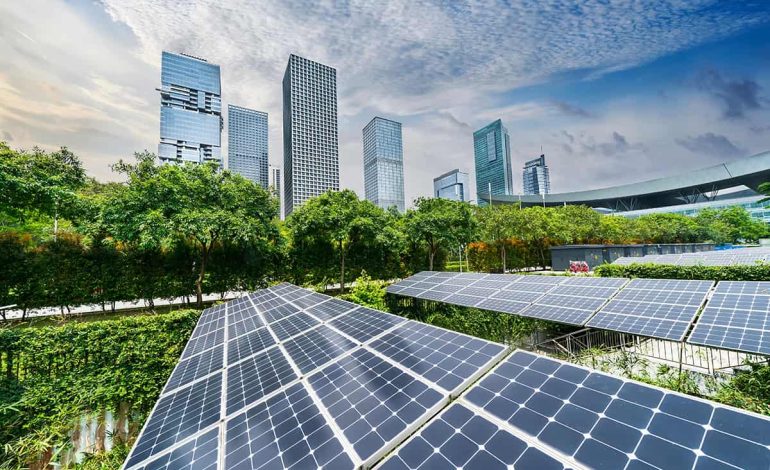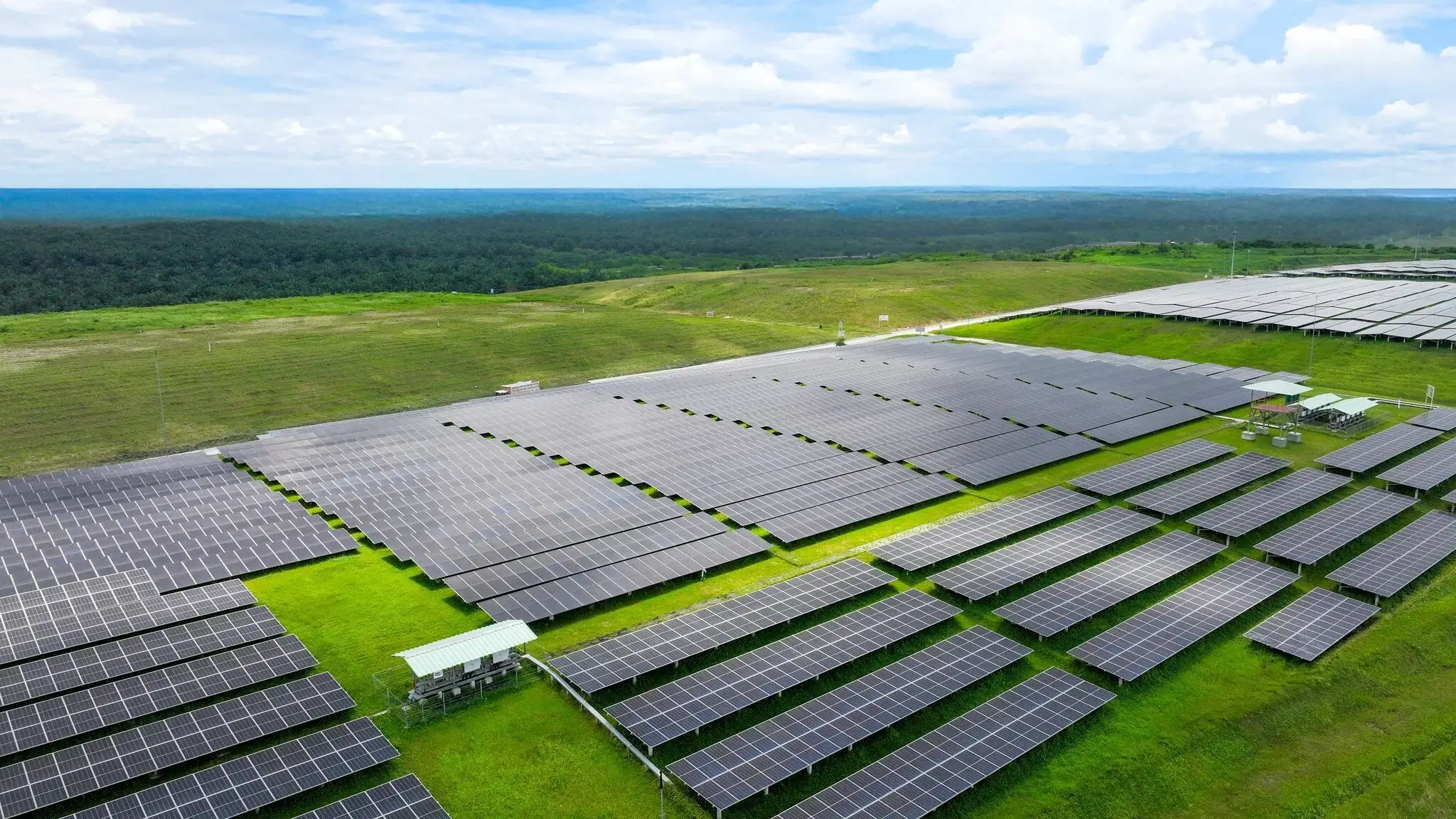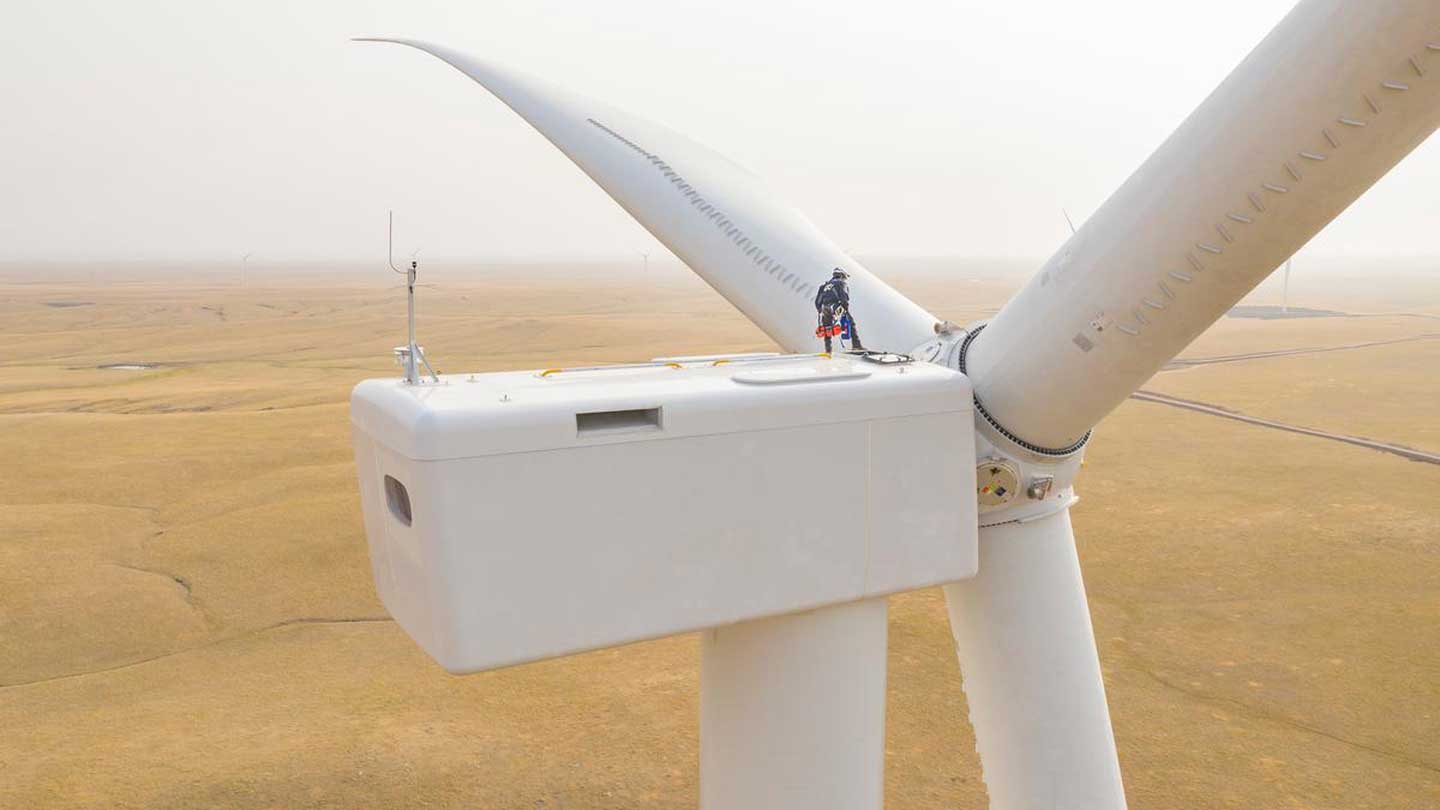The Business of Energy: Driving Growth in a Sustainable Future

Energy has always been the backbone of economic development. From the industrial revolution powered by coal to today’s global economy fueled by oil, natural gas, and increasingly renewable sources, the business of energy is central to growth, innovation, and prosperity. Yet, the sector is facing unprecedented transformation. Shifting consumer expectations, environmental concerns, technological breakthroughs, and global policies are reshaping how businesses produce, distribute, and consume energy.
This article explores the evolving intersection of business and energy, examining opportunities, challenges, and the future outlook for a sector that drives both profits and progress.
Energy as the Foundation of Business
Every business, regardless of size or industry, depends on energy. Manufacturers require electricity to power machinery, retailers need reliable lighting and heating, and digital companies rely on massive data centers that consume enormous amounts of power. The stability and cost of energy directly impact profitability and competitiveness.
Traditionally, businesses prioritized energy affordability and availability. However, growing climate awareness and regulatory pressures are pushing companies to rethink their energy strategies. Today, the business conversation extends beyond cost—it includes sustainability, efficiency, and resilience.
The Shift Toward Renewable Energy
One of the most significant transformations in the energy sector is the global shift from fossil fuels to renewable sources such as solar, wind, hydro, and geothermal. Businesses are not only adapting to this shift but also leading it.
Many corporations have set ambitious targets to achieve net-zero carbon emissions within the next few decades. Tech giants like Google, Amazon, and Microsoft are investing heavily in renewable energy projects to power their operations with clean energy. Beyond corporate responsibility, renewables also make economic sense. The cost of solar and wind power has dropped dramatically in the past decade, making them competitive with or even cheaper than fossil fuels in many regions.
This transition is reshaping entire industries. Companies in construction, automotive, and manufacturing are rethinking their supply chains to integrate sustainable energy solutions. The rise of electric vehicles (EVs), for instance, has created new markets for batteries, charging infrastructure, and grid innovation. Businesses that embrace these opportunities are positioning themselves as leaders in a green economy.

Energy Efficiency: The Hidden Profit Driver
While renewable energy garners headlines, energy efficiency is often the unsung hero of business sustainability. For many companies, reducing energy consumption is the fastest and most cost-effective way to cut expenses and lower emissions.
Simple measures—such as upgrading lighting to LEDs, installing smart thermostats, or optimizing equipment usage—can yield significant savings. Larger initiatives, like retrofitting buildings or investing in energy-efficient manufacturing processes, require upfront investment but deliver long-term benefits.
Governments worldwide are offering incentives, tax credits, and subsidies to encourage businesses to adopt energy-efficient practices. As a result, efficiency is no longer just about environmental responsibility; it is also a smart business strategy that improves margins and competitiveness.
Challenges Facing the Energy Business
Despite exciting opportunities, the energy sector faces complex challenges that affect both producers and consumers:
1. Energy Security
Geopolitical tensions, such as conflicts in oil-producing regions, often disrupt supply chains and create volatility in energy prices. Businesses must prepare for such uncertainties by diversifying energy sources and investing in resilient infrastructure.
2. Infrastructure Limitations
Renewable energy depends heavily on infrastructure like transmission lines, smart grids, and storage solutions. In many regions, outdated grids struggle to accommodate variable sources like wind and solar. Upgrading infrastructure is costly and requires long-term planning.
3. Regulatory Pressure
Governments are introducing stricter emissions standards and carbon taxes. While these policies promote sustainability, they can increase operational costs for businesses unprepared to adapt.
4. Capital Investment
Shifting to renewable energy or upgrading efficiency measures requires significant capital. Small and medium-sized enterprises (SMEs), in particular, may struggle to secure financing, despite long-term benefits.
Technology as a Game Changer
Advancements in technology are revolutionizing the energy business. Digital tools such as artificial intelligence (AI), blockchain, and the Internet of Things (IoT) are being integrated into energy management systems to enhance efficiency and transparency.
-
AI helps predict energy demand and optimize grid operations.
-
Blockchain enables peer-to-peer energy trading, where businesses and households can buy and sell excess renewable energy.
-
IoT sensors monitor real-time energy consumption, giving businesses actionable insights to reduce waste.
Battery storage technology is another breakthrough. By storing excess renewable energy, batteries make it possible for businesses to rely on clean power even when the sun isn’t shining or the wind isn’t blowing. As storage becomes more affordable, renewable adoption will accelerate.
The Rise of ESG in Energy Business
Investors are increasingly evaluating businesses through the lens of Environmental, Social, and Governance (ESG) criteria. Energy use and sustainability practices are at the heart of these assessments. Companies that demonstrate strong ESG performance often attract more investment, build stronger reputations, and enjoy customer loyalty.
Businesses ignoring sustainability risk losing not only capital but also relevance in a marketplace where consumers demand accountability. Thus, aligning energy strategies with ESG goals is both a financial and reputational imperative.
Opportunities in Emerging Markets
While developed countries lead the renewable revolution, emerging markets present enormous untapped potential. Many regions in Africa, Asia, and Latin America are rich in solar and wind resources but lack widespread infrastructure. Businesses investing in these markets can drive growth while meeting local energy demands sustainably.
Microgrids, for example, are proving to be a viable solution in remote areas. By combining solar panels, batteries, and smart technology, microgrids provide reliable, affordable power without relying on large centralized grids. These innovations create business opportunities while improving quality of life.
The Future of Business and Energy
Looking ahead, the energy sector will continue to evolve rapidly. Key trends shaping the future include:
-
Decentralization: Businesses and communities generating their own energy through solar panels and small-scale wind farms.
-
Electrification: Widespread adoption of electric vehicles and electrified industrial processes.
-
Green Hydrogen: Emerging as a clean fuel alternative for industries that cannot easily electrify, such as steelmaking and shipping.
-
Circular Economy: Recycling and repurposing materials in energy production to minimize waste.
The businesses that thrive will be those that adapt early, invest in sustainable solutions, and leverage innovation to balance profitability with responsibility.

Conclusion
The business of energy is undergoing a transformation unlike any seen before. Once dominated by fossil fuels, the sector is increasingly shaped by renewables, technology, and sustainability. For businesses, energy is no longer just a utility—it is a strategic asset that impacts cost, reputation, and long-term survival.
Embracing renewable energy, improving efficiency, and adopting new technologies are no longer optional; they are necessities in a competitive, eco-conscious marketplace. The challenges are real, but so are the opportunities. Companies that align their strategies with the global shift toward clean, sustainable energy will not only reduce risks but also unlock growth in a rapidly changing world.
In the end, energy is not just about powering businesses—it is about powering the future.








